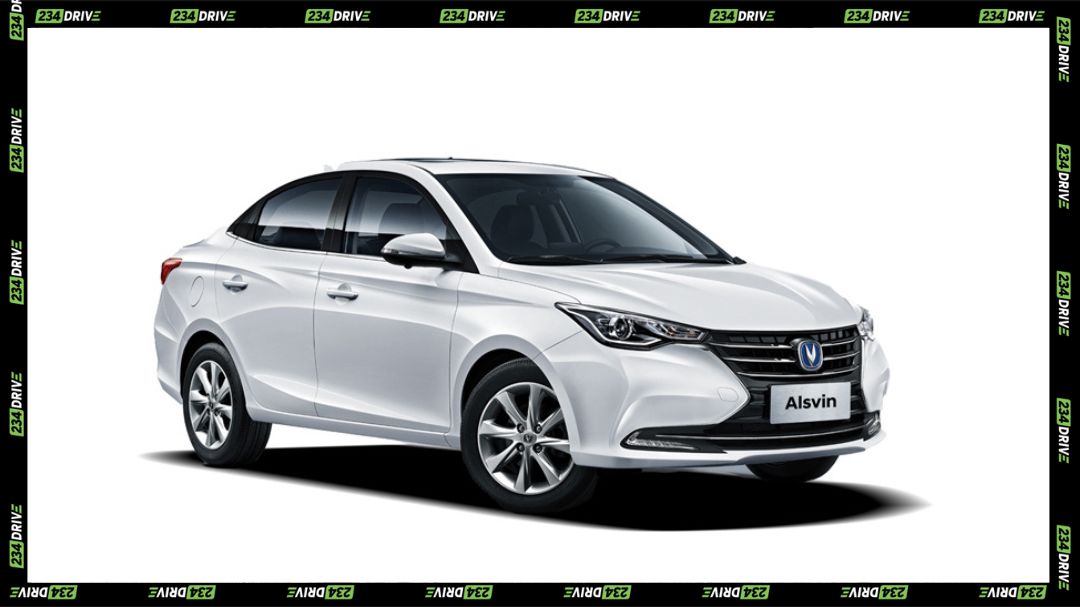Catalytic converters are emission-control devices that have been installed in vehicle exhaust systems since the 1970s. They contain precious metals such as platinum, palladium, and rhodium, which convert harmful pollutants like carbon monoxide, hydrocarbons, and nitrogen oxides into less toxic substances, including carbon dioxide, water, and nitrogen. Their role is critical in reducing air pollution from internal combustion engines.
In Nigeria, where more than 90% of vehicles are imported used cars (popularly called Tokunbo), catalytic converters are common in modern vehicles but face unique challenges. Fuel quality, theft, and weak enforcement of emission standards often limit their effectiveness and lifespan.
Theft of Catalytic Converters in Nigeria
Theft of catalytic converters has become a growing problem across Nigeria, especially in urban areas like Lagos. Locally, these thefts are sometimes nicknamed “Indomie” thefts because the cylindrical converter resembles a pack of noodles. Thieves target the units for the valuable metals inside, which fetch high prices on the black market. Globally, a single stolen converter can sell for $300–500( 450,000 – 750,000 Naira), and Nigerian markets show similar trends.

Mechanics, panel beaters, and port workers are often implicated, removing converters during repairs or while vehicles are in transit. Reports highlight cases where brand-new imported cars arrive without converters or owners discover missing parts after routine servicing. Since 2021, the issue has steadily grown worse, and by 2024, social media and local news reports highlighted significant increases. Thieves can remove a converter in less than a minute using basic tools, making residential compounds, mechanic shops and parking lots prime hotspots.
How it Affects Nigerians
Catalytic converters are central to vehicle efficiency and emissions control, but in Nigeria their absence or failure has created serious issues. Engines without them lose power, sound louder, and often show a constant “check engine” light. Fuel use can rise by 10–20%, adding costs at a time when petrol prices exceed ₦800 per litre. Poor fuel quality, with sulfur levels thousands of times above global limits, poisons converters and cuts their lifespan to a fraction of normal. Replacement costs, from ₦100,000 to ₦500,000 or more for hybrids, push many owners to keep driving without them, sacrificing both performance and air quality.

The social and economic impact of this situation is just as serious. Converter theft has become a lucrative trade, fuelling local crime networks and undermining trust in mechanics and service centres. Some owners only discover the loss months later, eroding confidence in the entire repair ecosystem. In a country facing inflation of more than 30% in 2025, theft is partly driven by financial desperation, yet it imposes heavy costs on commercial drivers who lose time and income when vehicles break down. Taxi operators, logistics firms, and delivery businesses all suffer from downtime, while the national economy absorbs billions in hidden costs through reduced productivity, health impacts, and environmental damage. The problem has also deepened social inequality: wealthier drivers can replace stolen or damaged converters, while poorer owners are forced to keep driving polluting, unreliable vehicles.
The environmental and health consequences are even broader. Nigeria already struggles with high levels of vehicle-related pollution, and missing converters make it worse. Cars without them can emit up to 90% more harmful pollutants, worsening smog in cities like Lagos and Abuja where black carbon from diesel engines already threatens climate and public health. The result is a rise in respiratory disease, asthma and cardiovascular illness, especially among children and the elderly, reducing life expectancy and costing the economy billions in healthcare and lost productivity.
Catalytic converters are capable of reducing black carbon emissions by up to 99%, yet Nigeria’s dependence on high-sulfur fuel and widespread tampering means these benefits are lost. A national shift to low-sulfur fuel could cut harmful emissions by as much as 80–90% by 2050, generating enormous health and economic benefits while helping to address climate challenges.
Regulations and Enforcement in Nigeria
The National Environmental Standards and Regulations Enforcement Agency (NESREA) introduced the Control of Vehicular Emissions Regulations in 2011. These rules require that all new vehicles meet certain standards, roughly equivalent to Euro 2. Imported used vehicles over 15 years old are restricted, and tampering with converters is illegal, punishable by fines or imprisonment.
In 2020, ECOWAS set a regional target for Euro 4/IV standards, requiring cleaner fuels below 50 ppm sulfur and emission-compliant vehicles by 2025. Projects like the Dangote Refinery are expected to produce compliant fuels that extend converter life. However, enforcement remains weak, with corruption and poor inspection systems enabling smuggling and bypassing of standards.
Maintenance and Prevention Tips
Vehicle owners in Nigeria can take the following steps to reduce risks and prolong the lifespan of catalytic converters:
- Conduct routine inspections during servicing and use OBD-II scanners to check for early fault codes.
- Buy fuel only from reputable stations known for better-quality petrol and diesel.
- Park in secure areas and install anti-theft shields or cages around converters.
- Mark converters with vehicle identification numbers or paint for traceability.
- Use OEM replacement parts where possible and avoid short trips that prevent converters from heating fully.
- Report theft promptly to the police and NESREA, and check insurance policies for possible coverage.
Conclusion
Catalytic converters are essential for vehicle performance, clean air, and public health. In Nigeria, their effectiveness is undermined by theft, poor fuel quality, and weak enforcement. This leads to higher costs for drivers, rising crime, and worsening pollution. With stronger regulations, cleaner fuels, and better security measures, Nigeria could save billions in health and economic losses while protecting its citizens from the dangers of unchecked emissions. Ultimately, tackling these challenges would strengthen Nigeria’s transport system, reduce inequality, and deliver cleaner air for all. What do you think, are catalytic converter issues something you’ve experienced or heard about?









